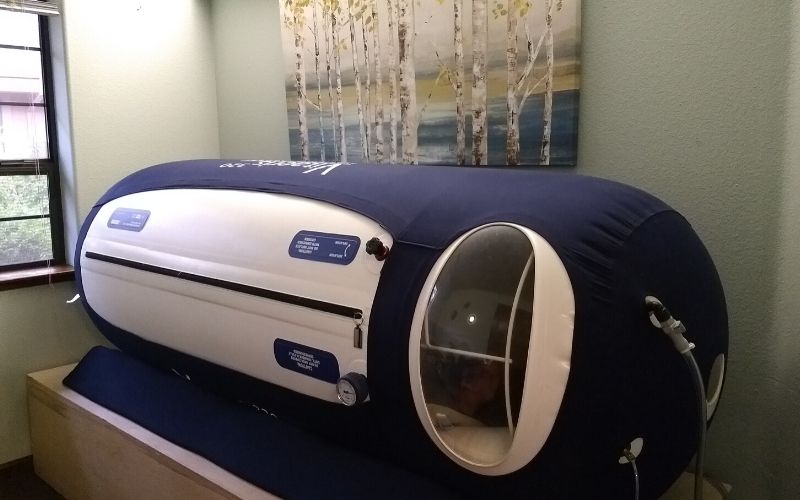As most of the population is suffering from autism spectrum disorders (ASD) and people from the first world countries belonging to the U.S are mostly diagnosed with autism according to the data report of CDC, so we are very much concerned about this incurable brain disorder.
Yes, autism is an incurable brain disease because of its strong genetic basis. And the latest CDC data report says that, 1 out of 68 children is suffering from autistic disabilities. Here are some points we have to know before discussing about autism.
- Autism causes social skill impairment, behavioral disorder etc.
- Autism is not only a single disorder but comes with multiple symptoms that’s why it is called ASD (Autism Spectrum Disorders).
- Autism can’t be cured but we can’t neglect the autistic symptoms because childhood autism may turn into another neuropsychiatric disorder in adulthood like epilepsy.
- Autism is spread from first world countries to the third world countries.
These points are enough for paying more attention on autism. We already have found different diagnostic parameters which may cause the autistic disorders with social skill disabilities. But autism is deeply rooted in the human genome. Wrong genomic expressions leads to producing abnormal proteins. The abnormal proteins play their roles to impair the behavior as well as social skills through the synapses and disrupted neuronal tissues.
It was found that autistic brains have more synapses than the normal brains. In normal cases the synapse density is reduced by half, but in case of autistic brain it is reduced only by 16 percent.
Researchers had found a protein mTOR after doing an experiment on the mice brain to trace the brain’s self trimming activity. mTOR can inhibit the self trimming ability when it is over-reactive. That’s the reason why overwhelming of synapse density occurs. David Sulzer, professor of neurobiology in the Department of Psychiatry, Neurology, and Pharmacology at CUMC, explained, “While people usually think of learning as requiring formation of new synapses, the removal of inappropriate synapses may be just as important,”
Rapamycin, the drug was tested to rid off the over reactive mTOR protein. Rapamycin itself is an anti-tumor agent, but the experiment with rapamycin was successful because it was concluded that rapamycin has the ability to reverse back the brain’s self trimming activity to reduce the inappropriate synapses.
Image Courtesy: http://www.alzheimersweekly.com
So, it was a successful finding to rip off autism through the proteomic study. The study proves that targeting the abnormal proteins produced by abnormal genomic expressions can reduce autistic disabilities. We need to do more study and clinical trials before declaring rapamycin as a prescribed medicine for autism. But there are many other hormonal, cellular and physiological issues which needs further study to fight back autism.



